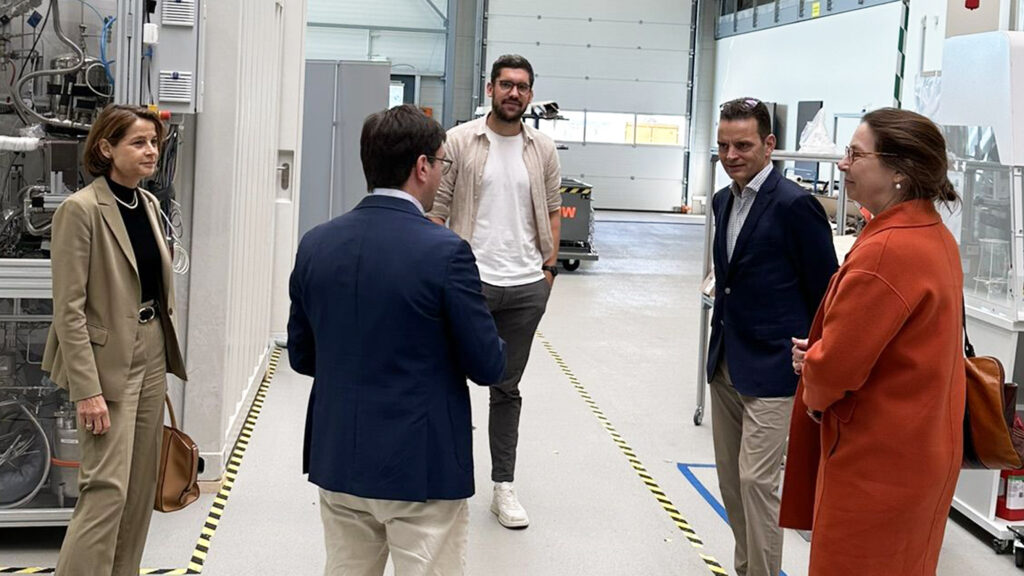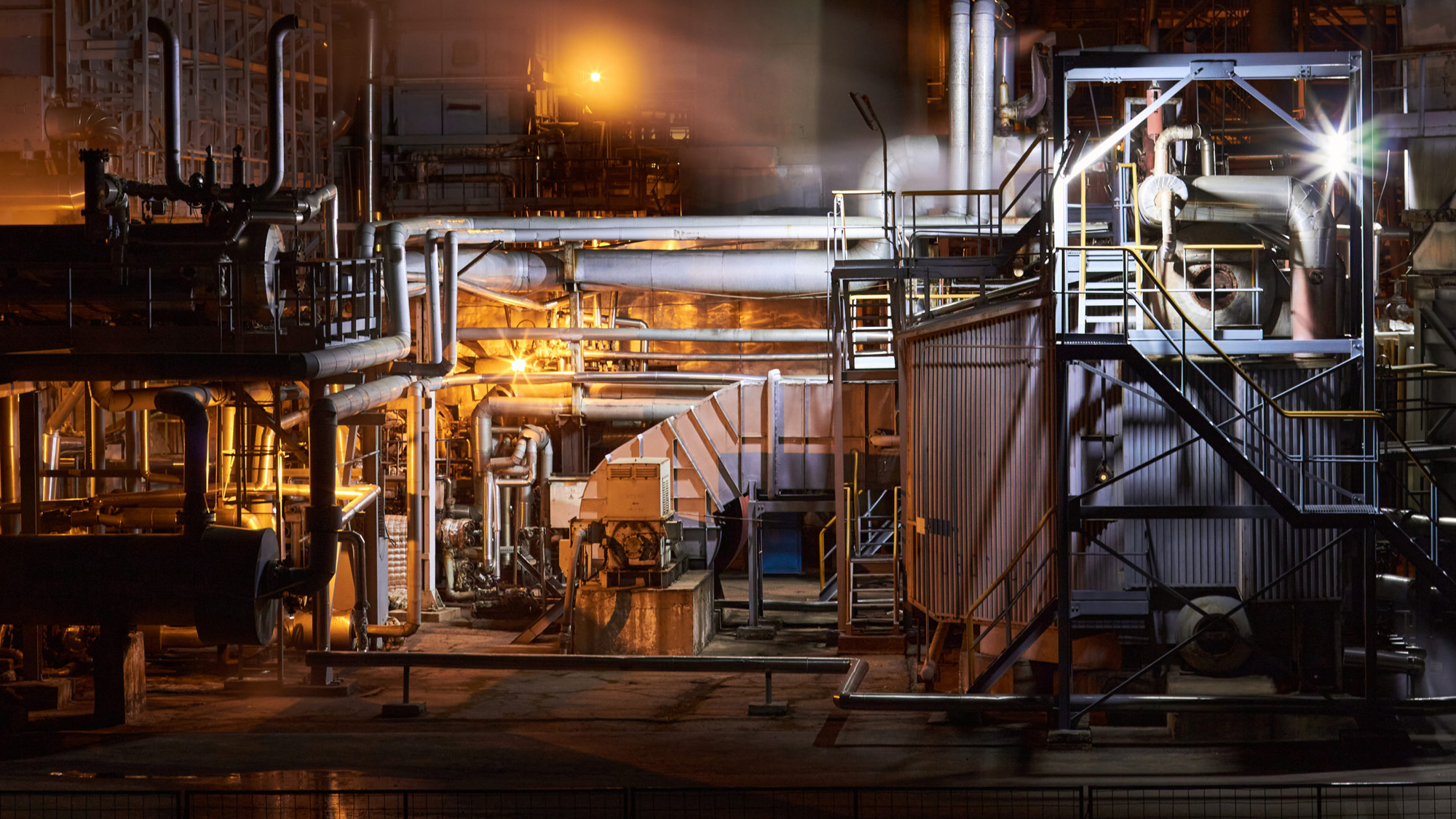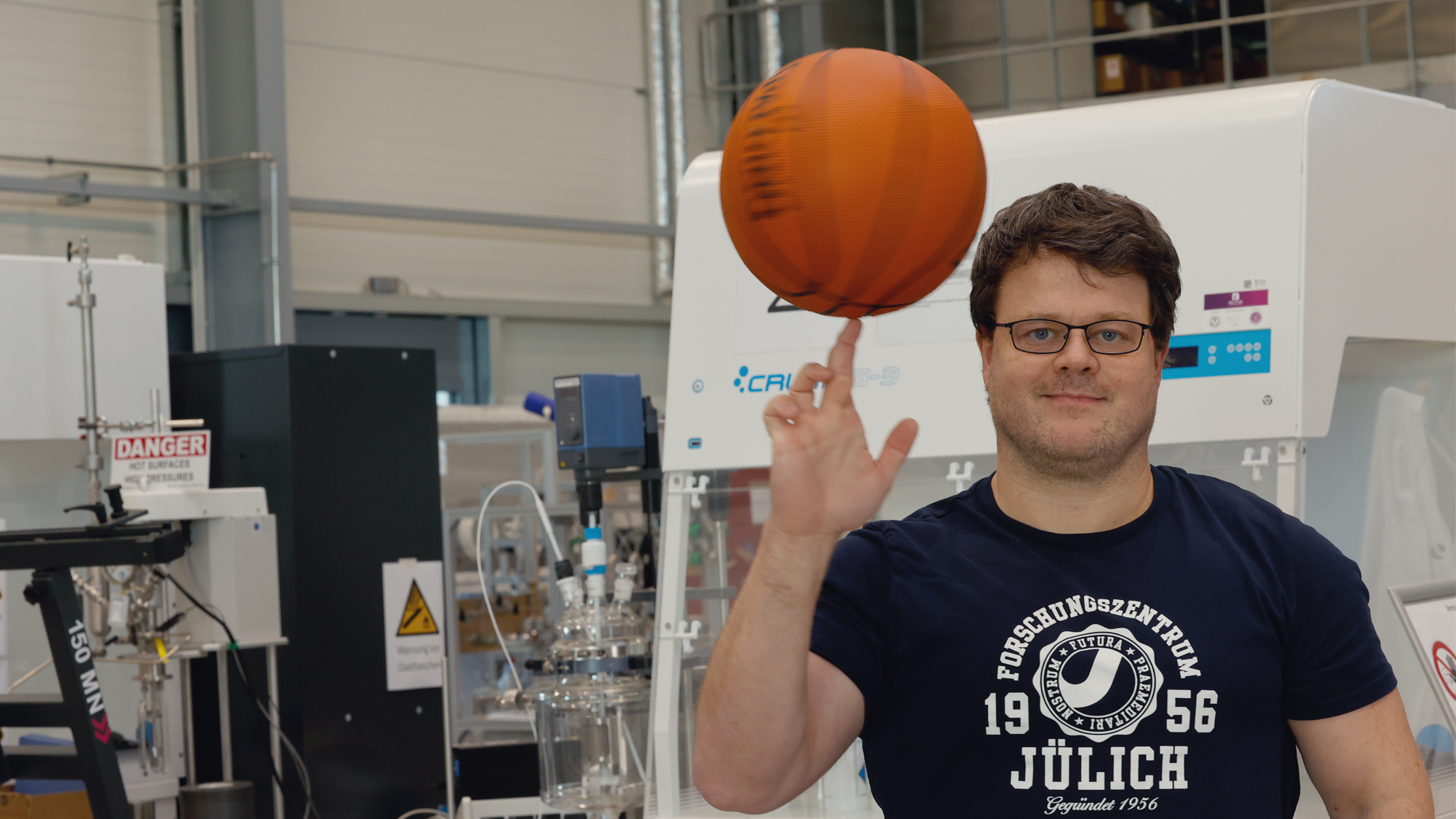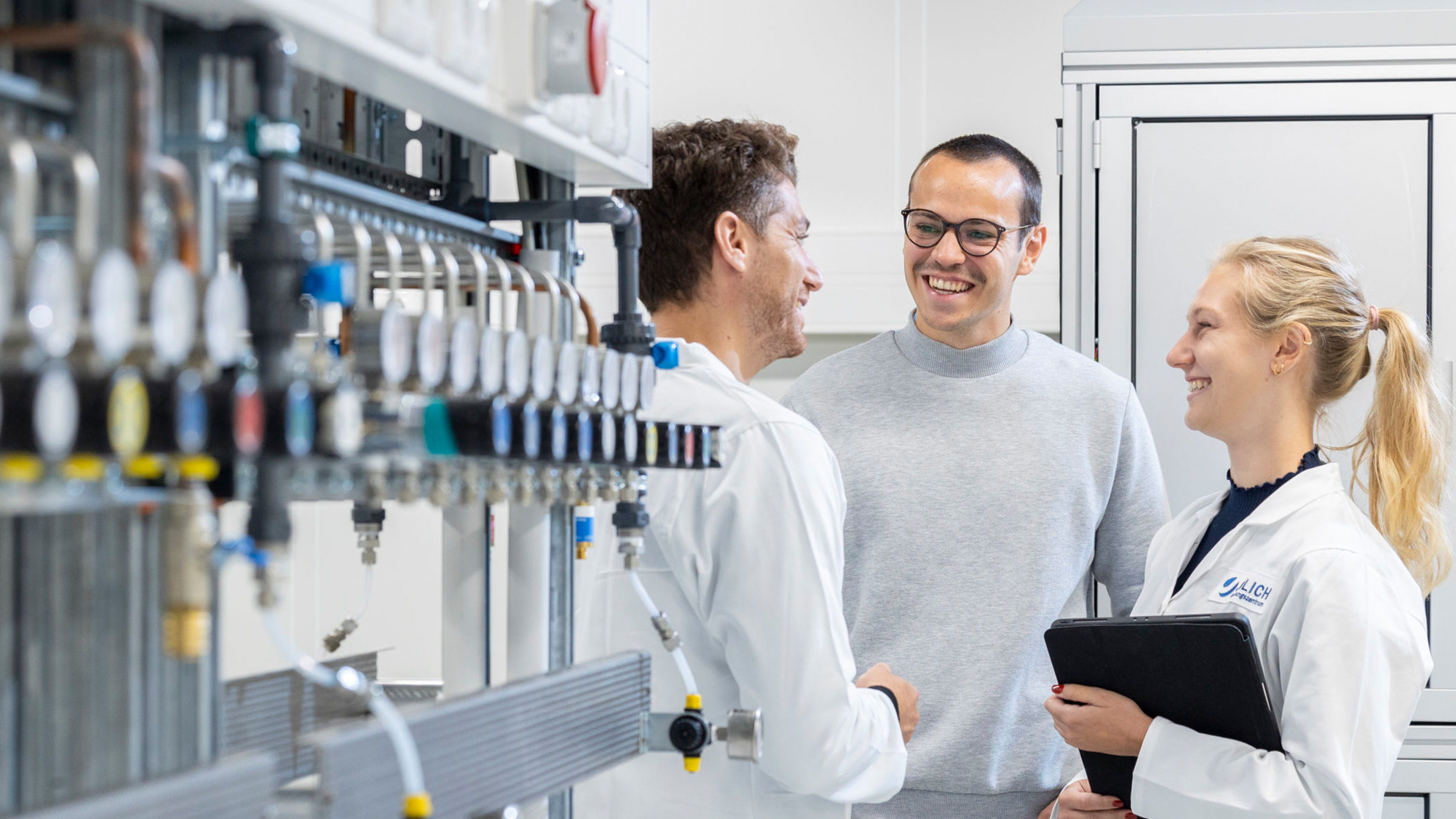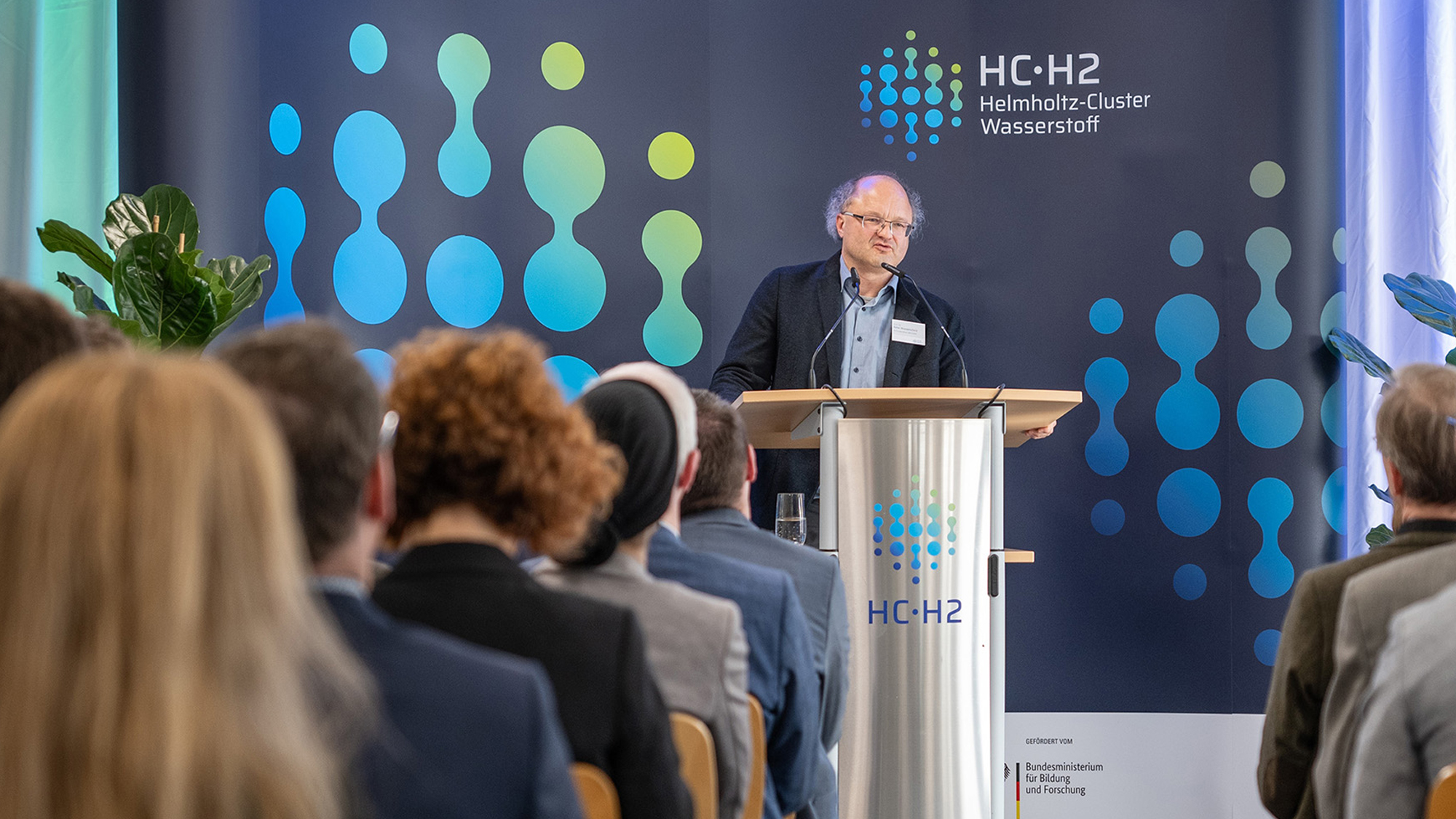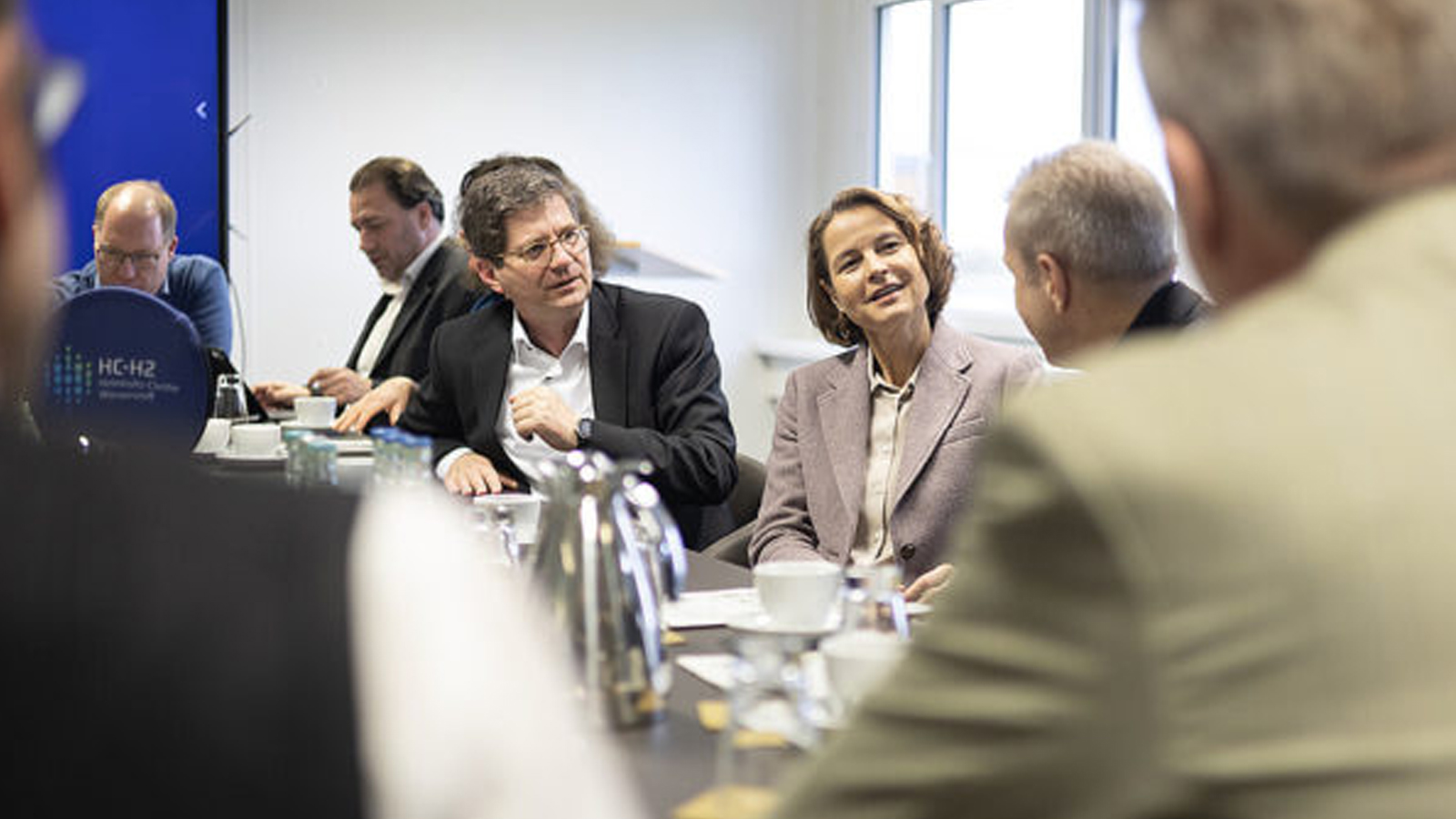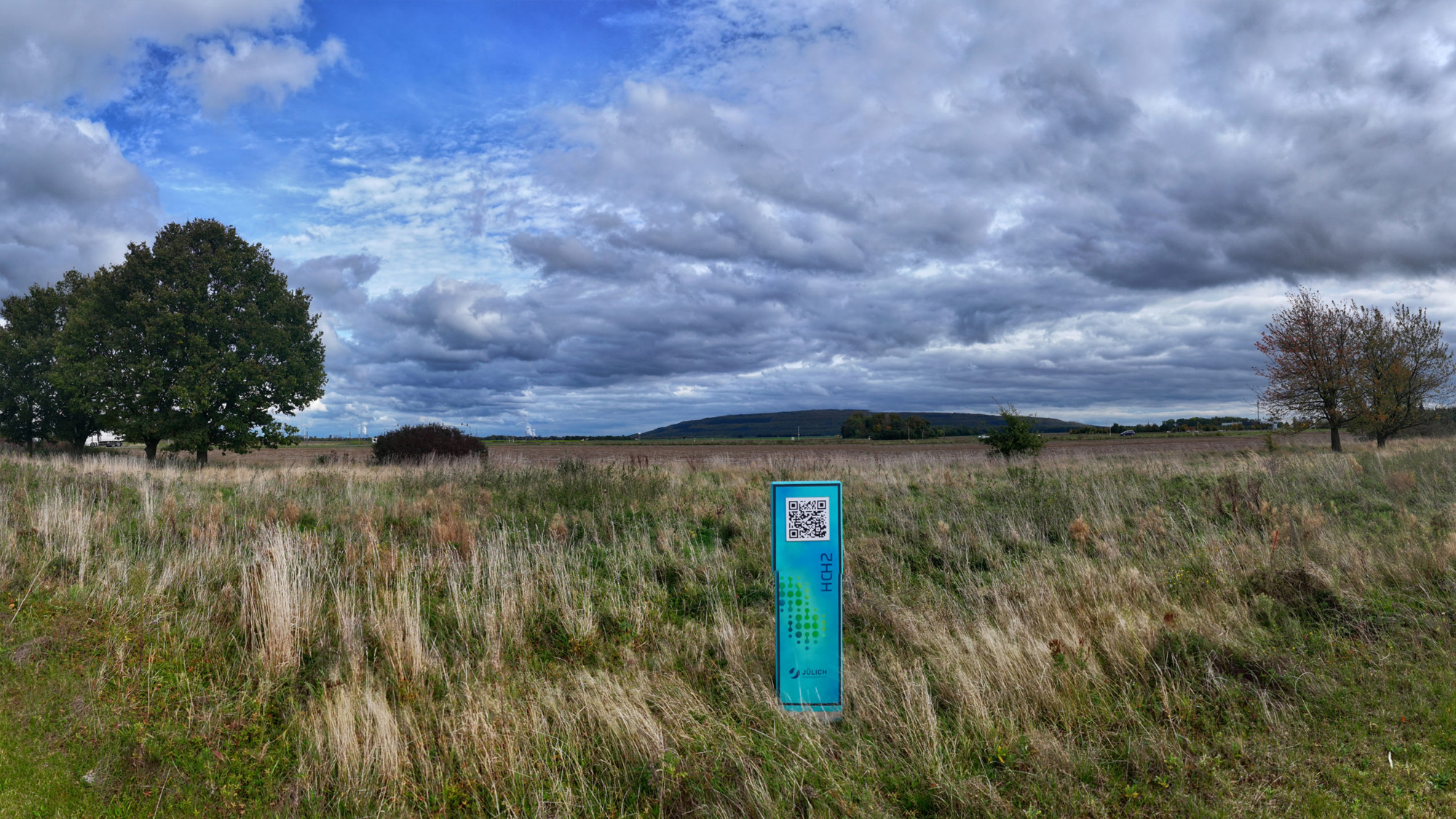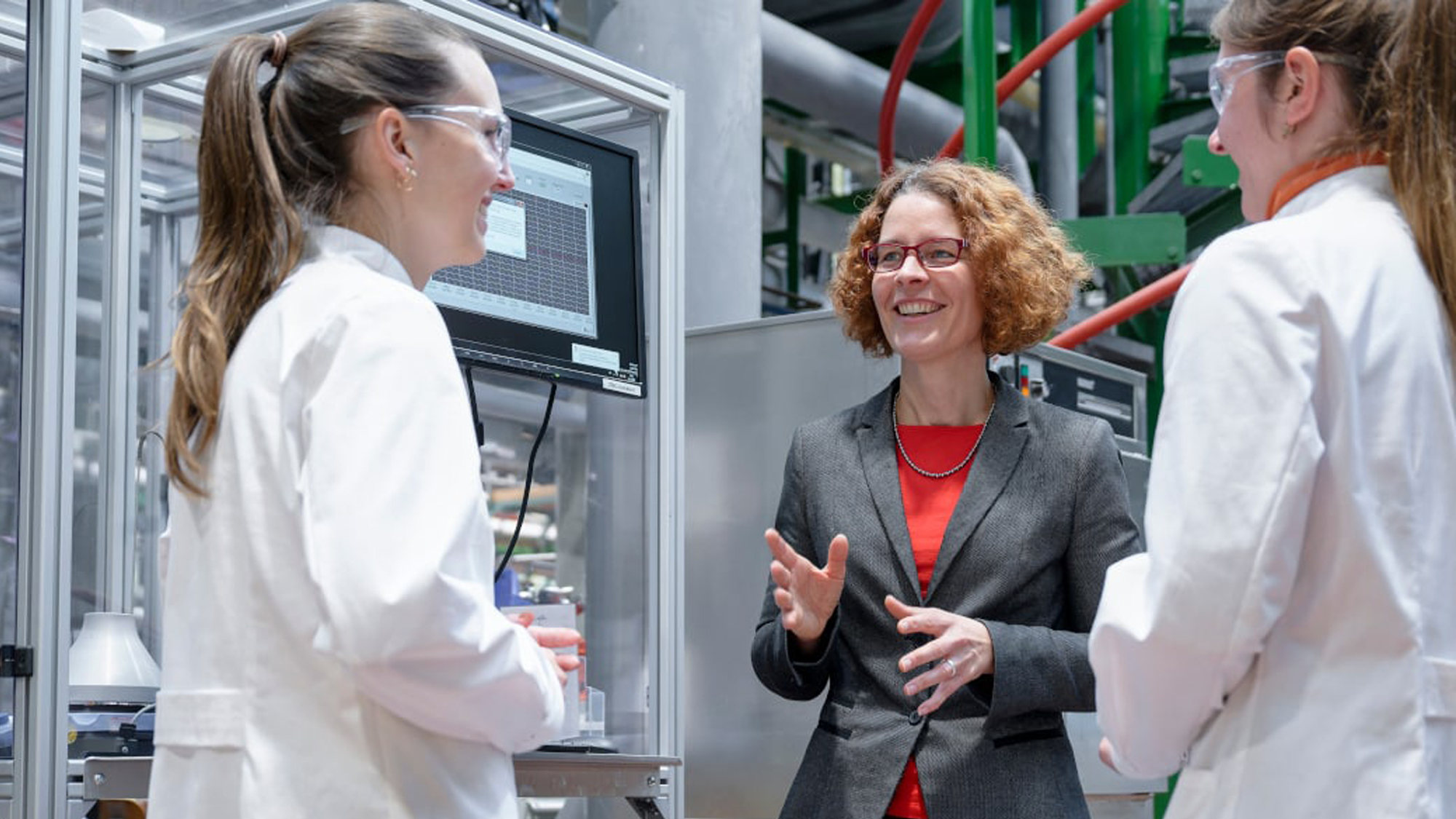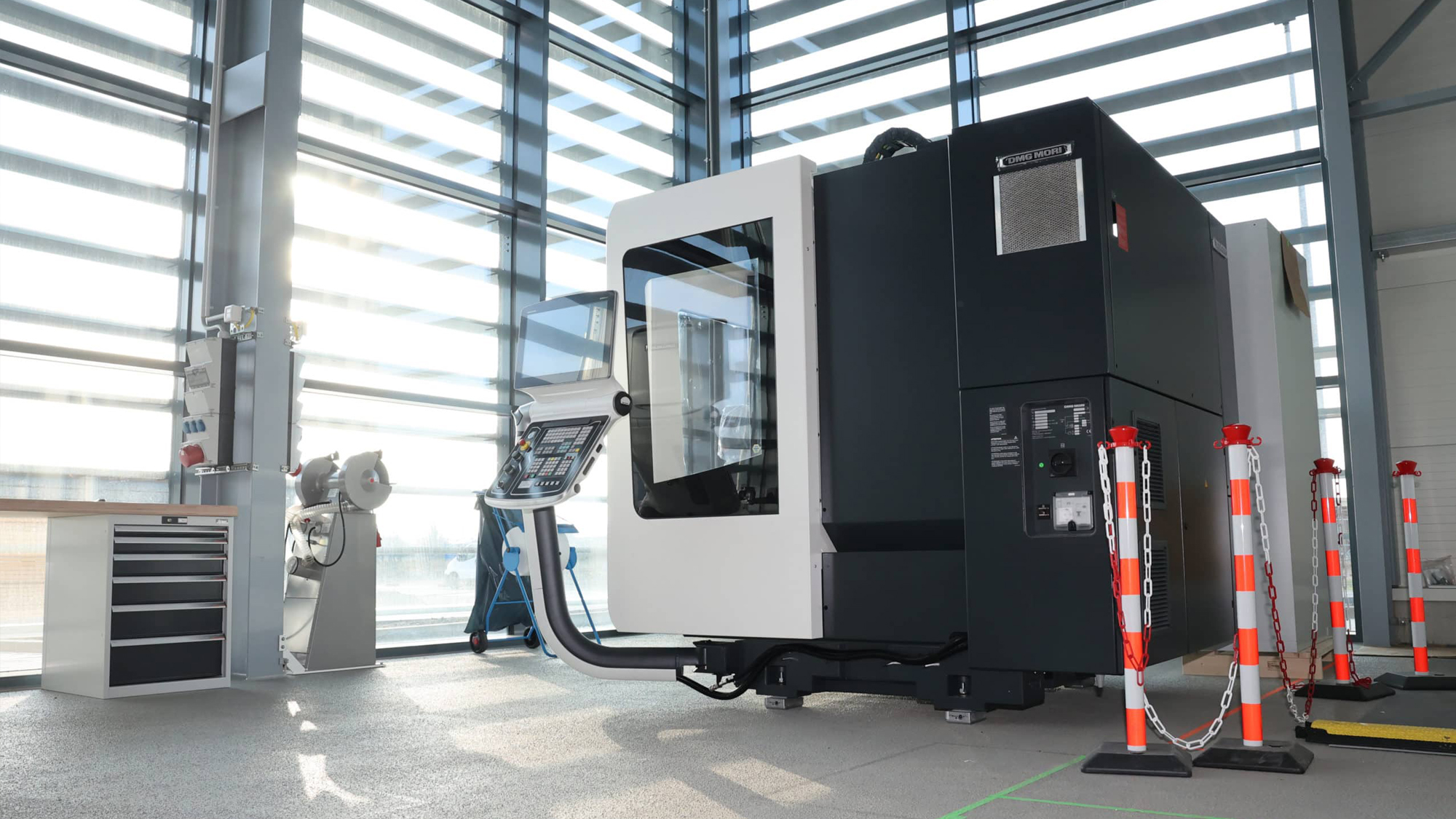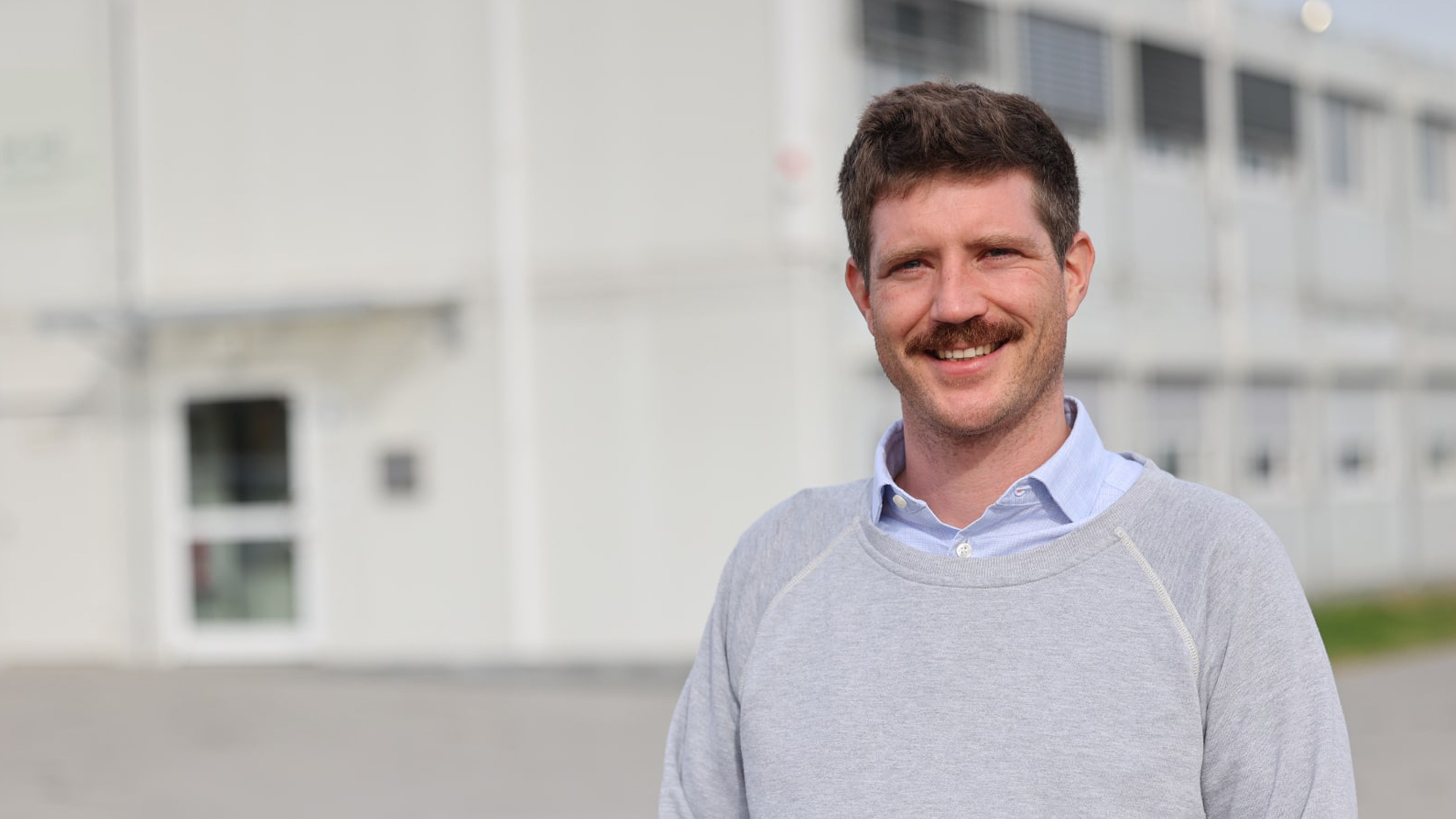Germany is at an important crossroads: looking towards the future of energy, we will either be followers – or pioneer. The goal is clearly the latter. However, this will not come without effort.
During the visit of E.ON executives Dr. Leo Birnbaum and Dr. Victoria Ossadnik to the Jülich Research Centre, it became clear that we need speed, technology – and teamwork.
Leo Birnbaum, CEO of the energy company, and board member Victoria Ossadnik visited Jülich at the invitation of Prof. Astrid Lambrecht, CEO of Forschungszentrum Jülich. In addition to topics such as quantum computing and Europe’s fastest supercomputer, JUPITER, much of the discussion revolved around a central concern: How can Germany manage the transition to a climate-friendly, affordable energy system – and remain a leader in the process? The concise answer sounds simple: politics, business and research must work together to ensure that innovations are put into practice more quickly, rather than being slowed down by regulations.
Guests gained insights into current hydrogen research through discussions with Prof. Andreas Peschel, head of the Institute for Sustainable Hydrogen Economy, and Dr. Simon Hahn, who is working on low-emission combustion processes with his planned spin-off “Clean H2eat”. The consensus: hydrogen must be affordable, flexible in its application and available on a larger scale. This requires government support – for now.
Natural gas could serve as a transitional solution, it was said. It causes fewer emissions than coal, can be easily combined with renewable energies and thus reduces electricity costs. This increases the competitiveness of green electricity – an important lever for gradually phasing out subsidies, which, according to Leo Birnbaum, should happen soon with regard to green electricity so that its competitiveness becomes clearly sustainable.
“There is still a need for subsidies for hydrogen so that it can play its important role as a pillar of the future system,” said Simon Hahn. In the long term, natural gas is to be completely replaced by climate-friendly gases. “We must develop green energy technologies that are cheaper than grey ones,” emphasised Andreas Peschel. Only then can Germany compete internationally.
Simon Hahn also presented his start-up idea: Clean H2eat aims to decarbonise the process heat used in industrial processes such as paper drying and bread baking, and is developing hybrid, flexible industrial heating systems such as steam generators and thermal oil heaters for this purpose.
Process heat offers enormous potential for flexibility in the use of renewable electricity. However, if this is not available at a reasonable price, hydrogen (or natural gas) is catalytically combusted without a flame and without nitrogen oxide emissions. The advantages: cost reduction, independence, emission reduction. The closer we get to an energy system powered by green electrons and green molecules, the greater the leverage that novel applications such as catalytic combustion can have.
The copyright for the images used on this website is held by Forschungszentrum Jülich, aligator kommunikation GmbH and
stock.adobe.com.
